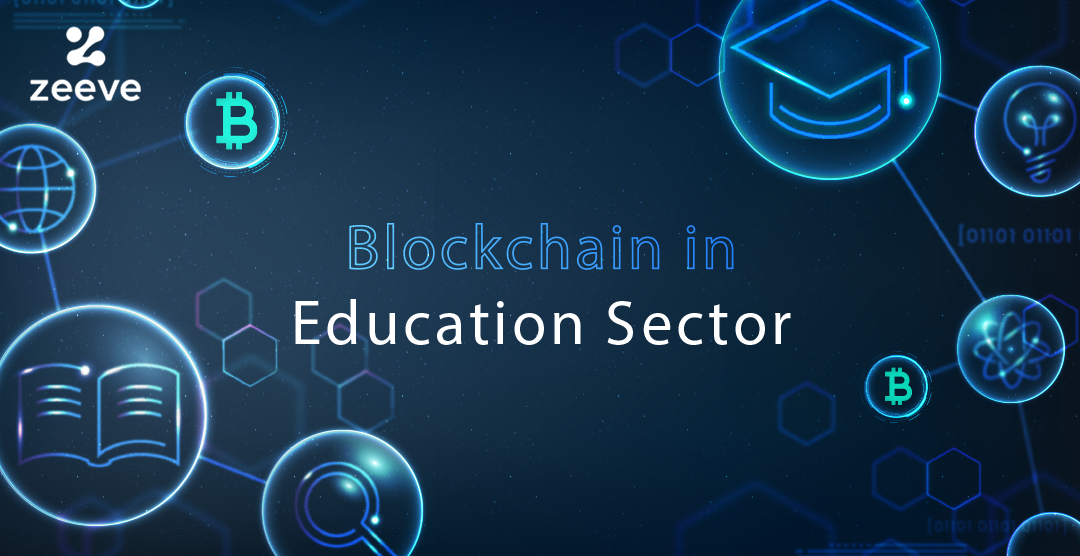Blockchain technology is best known for its security and transparency, (but) it has begun to break into the education vertical. With its decentralized and incorruptible ledger, blockchain provides the answer to many problems that standard education systems have.
How Blockchain Can Change Education
Immutable Academic Records with Authenticity Guarantee:
Immutable Records — Blockchain can generate a permanent, unchangeable record of all academic accomplishments: everything from high school diplomas to university degrees.
World Recognition: This makes the verification of these records very easy through borders, supporting the free movement of students and employment applications.
Real-Time Verifiable: blockchain can enhance the fundamental verification component of the employer/institution network by significantly reducing time and costs associated with which entities validate credentials.
Less Susceptible to Fraud: Through the removal of third parties and central authorities, fraudulent academic credentials can be minimized through the use of blockchain technology.
Protection of Intellectual Property Rights:
Secure Digital Assets: Blockchain technology can help secure intellectual property rights for research papers, textbooks, and other educational materials by tracking ownership and usage in a secure manner.
Skills-based Learning and Micro-Credentialing
Micro-credentials tracking: With blockchain, it would be possible to track micro-credentials (a certificate for each activity) so you can have a more granular and adaptable form of education.
Recognition across multiple skills: This could help people create a more detailed and authenticated profile of their capabilities.
Equitable and Open Fundraising:
Transparent Fundraising: Blockchain has the potential to provide security in fundraising for educational purposes, ensuring that donations are not utilized elsewhere.
Lower Administrative Costs: The process of fundraising through blockchain is more straightforward, which means that it reduces the costs and makes them unnecessarily as low as possible.
Challenges and Considerations
This notwithstanding the promise that blockchain holds, underpinning its implementation in education will be challenges and considerations:
Technical Complexity : The use of blockchain technology has some technical complexities that might require specialized knowledge and skill set.
Scalability: With an increasing number of users and transactions, issues with scalability might arise on blockchain networks.
Regulatory Challenges: Balancing regulatory frameworks and standards for education is not always an easy path.
Blockchain Interoperability: For mass adoption, it is crucial that blockchain systems can launch different products and seamlessly interoperate.
Nonetheless, improving all of these elements blockchain can transform education to a more secure, clear and easier regulated system for management of academic records, authentication of certificates as well as enhancing learning and innovation. The blockchain sector is still maturing and so, in the coming years we are likely to witness a growing number of blockchain education solutions.



